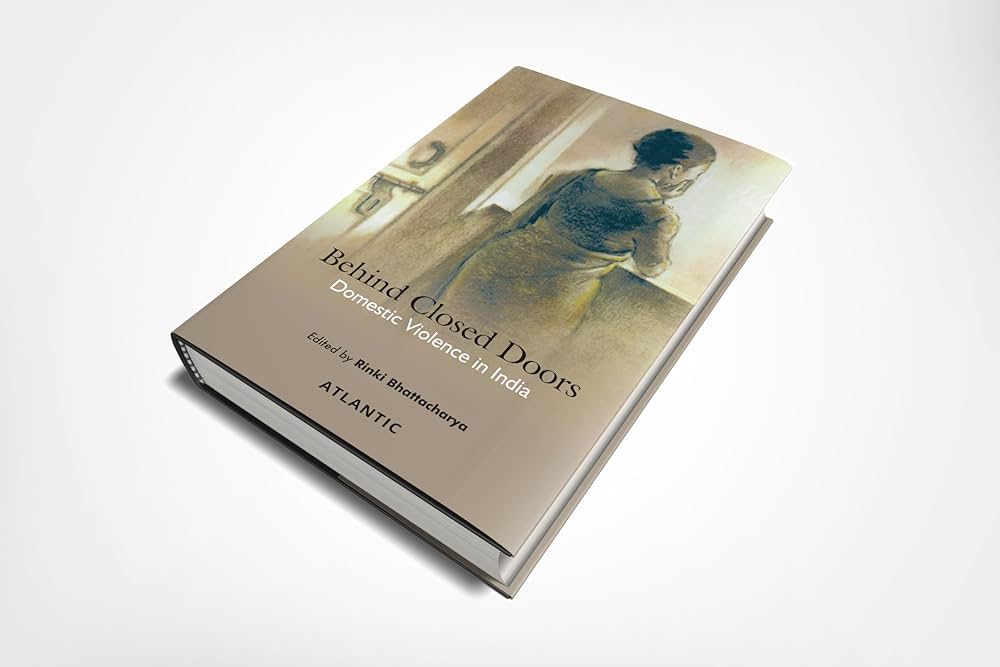Now Reading: Behind Closed Doors: The Silence Around Household Arguments in Indian Homes
-
01
Behind Closed Doors: The Silence Around Household Arguments in Indian Homes
Behind Closed Doors: The Silence Around Household Arguments in Indian Homes

Most Indian families are no strangers to loud voices and tense silences behind closed doors. Yet, when domestic arguments unfold within homes, they’re often treated as private matters—even when they’re deeply unsettling. Whether it’s about control, misunderstandings, or long-held frustrations, the silence around these everyday conflicts says a lot about how we view family dynamics, especially in smaller towns.
Not Every Fight is “Normal”
In many Tier 2 cities, household arguments are seen as a regular part of married life. Relatives advise, “Sab mein hota hai,” brushing off concerns. But constant tension, shouting, emotional manipulation, and humiliation create an environment of stress and anxiety—especially for children growing up in such homes.
Arguments that escalate into abuse—verbal or physical—are often dismissed because they don’t leave visible bruises. Victims, usually women, are told to stay quiet “for the sake of the family.” The result? Years of emotional baggage and mental exhaustion.
The Bystander Problem
Neighbours often hear the fights. So do visiting relatives. But few intervene. Why? Because it’s “not their place.” There’s also the fear of social backlash or damaging someone’s marital reputation. This culture of silence enables harmful patterns to continue unchecked.
Even within the family, parents or elders may discourage speaking up about issues, prioritising the appearance of unity over genuine well-being.
Children Absorb More Than We Think
Kids in such environments grow up learning that conflict is best ignored or endured. They internalise the belief that shouting matches or cold wars are normal. Some grow fearful, others become emotionally distant. The long-term impact on their mental health is rarely discussed.
In households where parents fight regularly but never address the root cause, children grow up with skewed ideas about communication and relationships.
Why Small Towns Stay Quieter
In smaller cities, privacy matters more, but so does image. Reputation within the mohalla or extended family becomes more important than confronting uncomfortable truths. Therapy or counselling is still taboo for many, and most problems are expected to be “sorted at home.”
Women are often discouraged from seeking help, as doing so may be seen as disrespecting the husband or family elders. So, the silence grows deeper.
Change Starts With Conversation
Talking about household conflicts doesn’t mean airing dirty laundry. It means recognising unhealthy patterns and choosing to address them instead of suppressing them. Families need safe spaces for communication, not judgment. And society needs to stop equating silence with peace.
Creating awareness, normalising emotional support, and encouraging mutual respect within families is the only way to break the cycle. Because silence may seem like the easy route—but it often costs more in the long run.

























